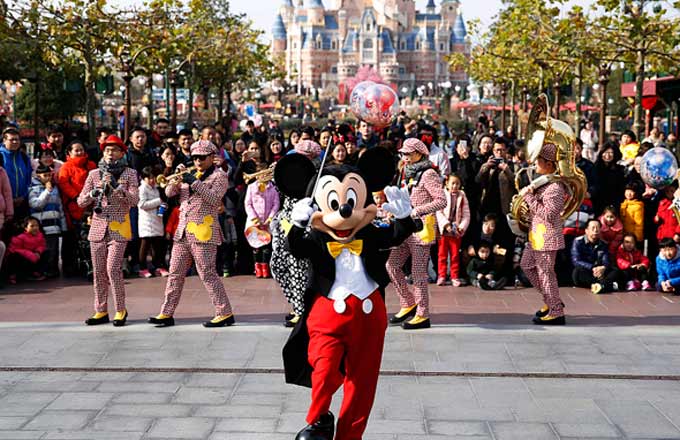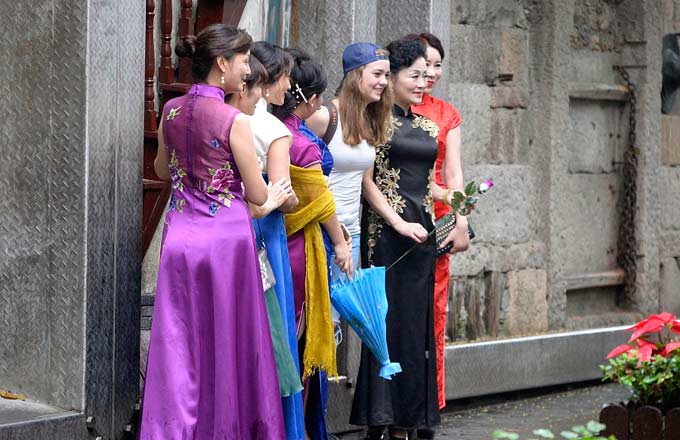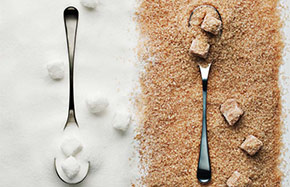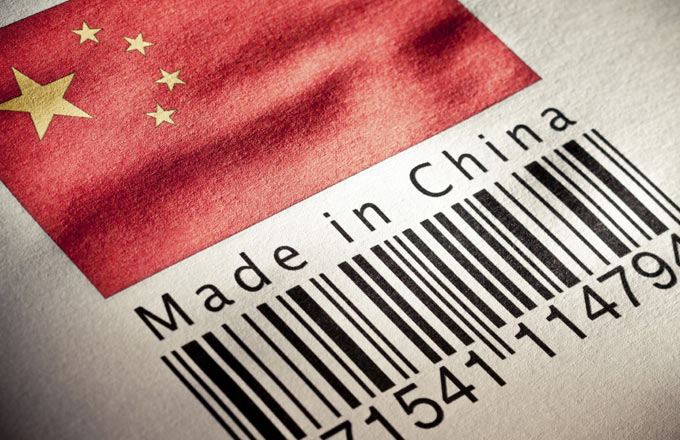Decline in imported car prices 'good for market'
|
 BMW's X4 concept car at the Shanghai International Automobile Industry Exhibition in April. [Photo/ Xinhua]
|
Analysts say trend reflects 'healthy and rational' industry development
The prices of imported cars in China continued on downtrend in April and will further decline this year because of fierce market competition and the government's clampdown on luxury consumption.
However, analysts said this is a positive signal that the country's passenger vehicle segment is developing in a healthy and rational manner, in addition to closing its price gap with the mature Western markets.
"The year-on-year average price in April dropped the most in five months, though the month-on-month rates have fallen no more than 0.1 percent recently," said Cheng Xiaodong, chief auto analyst of the price monitoring center at the National Development and Reform Commission.
"Average prices will continue to decline for a longer period, with my prediction of a 5 percent year-on-year drop in 2013," he added.
Cheng said the boom in imported cars in recent years made automakers overoptimistic, which meant that the slowed market resulted in an excess of inventory. However, he said he believes the sector's price downtrend sends a positive signal to the market.
"The demand is still increasing. Private consumption will pick up to fill the gap as China's affluent middle class is expanding rapidly. We expect a 10 percent sales increase in the imported cars segment this year, so a steady price drop indicates the return of a rational consumption and a healthy market," he said.
Zhang Xiuying, an auto analyst with I.S.Engine Consulting Ltd, which specializes in auto price research, agreed.
"The average price of imported cars dropped 3.4 percent to about 430,000 yuan ($70,100) per unit in April as dealers tried hard to promote sales in the past two months," said Zhang. "This was an inevitable result of inventory pressure."
Moreover, he said, the government's campaign on reining in luxury consumption reinforced the impact on the segment, which has suffered from a severe market competition among foreign automakers.
Cheng said that the government's policy will continue to have an effect in the short term, and "from a long-term perspective, the price decline is normal. It should go down to close to the level in mature markets in Western countries".
He told China Daily that the profit margin of imported cars in China is much bigger than in mature markets such as US and Europe.
According to a recent Wall Street Journal report, listed prices of luxury sedans in China are on average 64 percent more expensive than similar vehicles sold in the US, based on a comparison of three models: the Mercedes-Benz C-Class, Audi A4 and the BMW 3-Series.
The gap is even bigger when it comes to imported models, the report said. Even after stripping out consumption taxes and value-added taxes, those three vehicles are still an average of 37 percent pricier in China.
"As such the price decline trend will not damage the automakers' profitability," Cheng said.
"By contrast, the shrinking profit margin amid fierce competition and more individual purchases of luxury cars will make the automakers pay more attention to the Chinese market and improve their services."
Analysts agreed the drop in price will benefit not only consumers, but also the industry in the long run.
In the first quarter, sales growth for luxury vehicles in China slowed to 4 percent, far behind the 13 percent annual growth in the overall passenger car market, according to the China Association of Automobile Manufacturers.
The 4 percent figure was even more eye-catching compared with the average growth of 36 percent in the sector over the past 10 years, statistics from consulting firm McKinsey & Co show.
However, Yale Zhang, director of automobile consulting firm AutoForesight (Shanghai) Co Ltd, said the single-digit rate is normal and reasonable on a big base of 1.2 million units of sales in 2012.

















